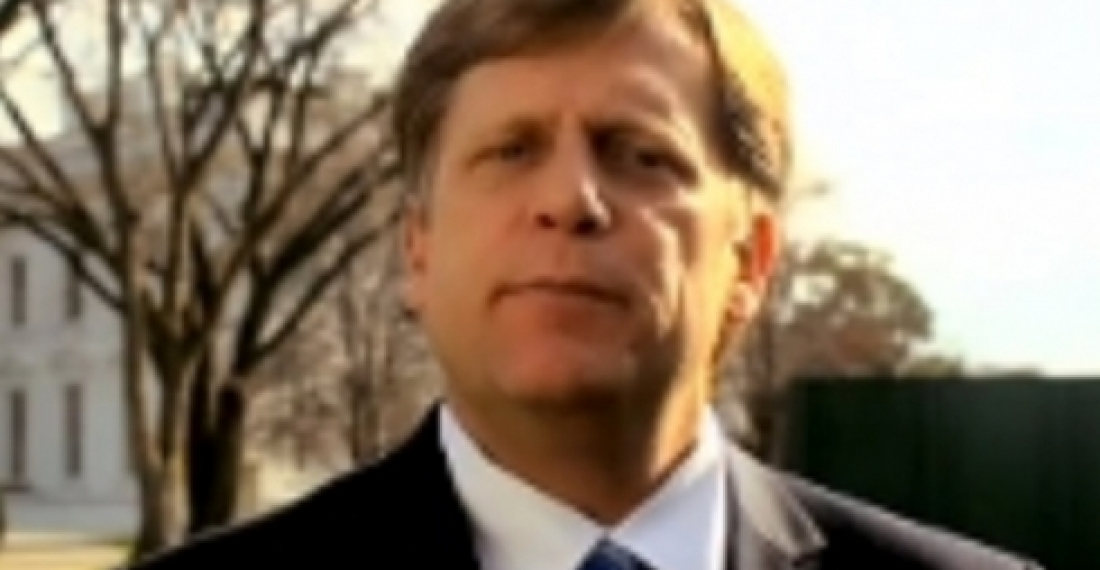The United States Ambassador in Moscow has told a seminar at the Moscow School of Political Studies that the Obama Administration does not regard Russia as a rival in security matters but views Moscow as a partner with whom it can jointly resolve global issues.. The American diplomat acknowledged however "big differences on Georgia". Ambassador Michael McFaul was speaking ahead of a meeting between Russian President Vladimir Putin and his US counterpart Barack Obama on the margins of the upcoming G8 summit in Northern Ireland's Lough Erne on June 17-18.
"We do not consider Russia as a rival to the United States either in security or in the economy. President Obama favors relations that would benefit both countries rather than force a ‘zero-sum game' on them, as during the Cold War," according to a Russian-language transcript of McFaul's speech at a seminar of the Moscow School of Political Studies reported by the Russian News Agency Ria-Novosti
Having "better relations with Russia" is in Washington's national interests, McFaul said. "We believe so, and are working towards this goal," he added.
McFaul cited nuclear arms control, and the situations in North Korea, Iran, and also Afghanistan, especially after the planned US troop withdrawal in 2014, as among the global issues that Moscow and Washington need to address together.
The US ambassador said he is optimistic about the future of US-Russian relations despite "big differences on Georgia".
source: commonspace.eu with RIA Novosti
photo: Michael McFaul (archive picture).







